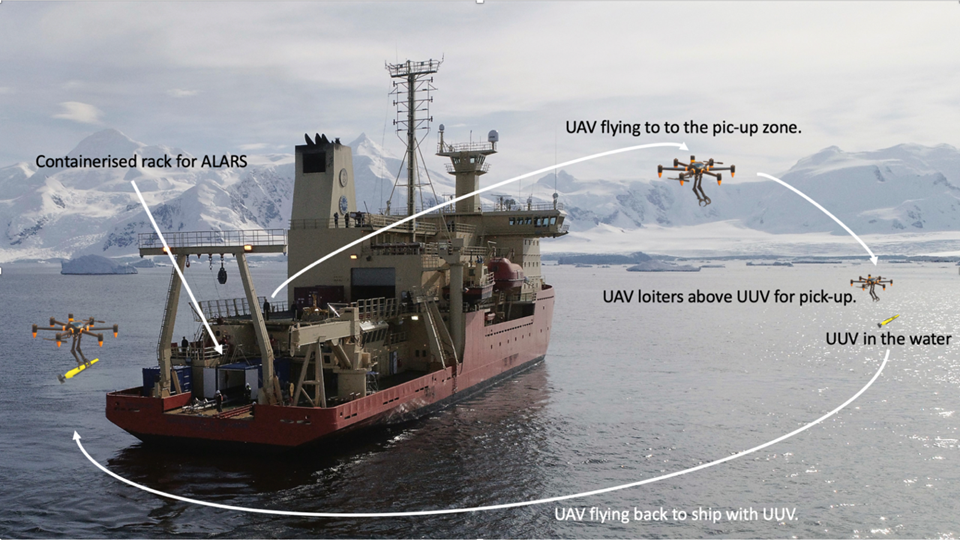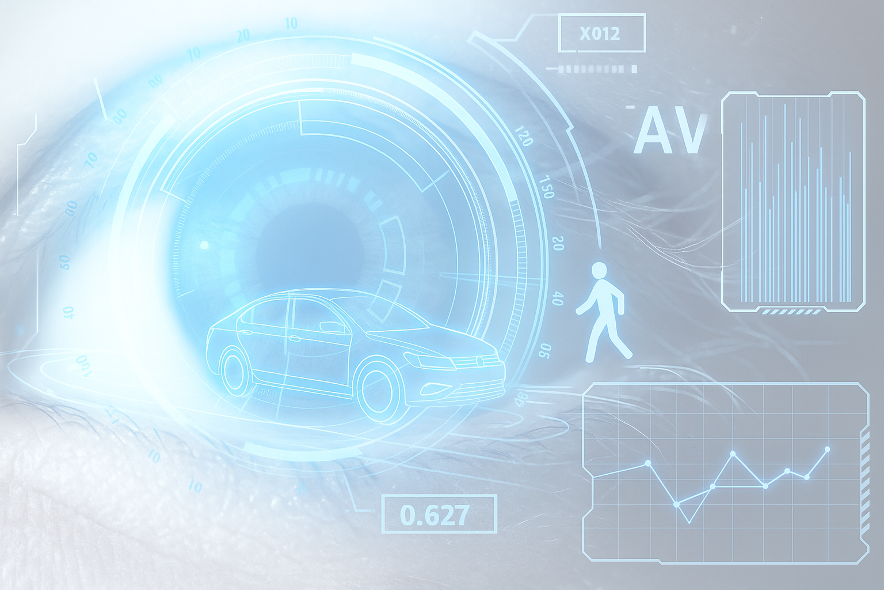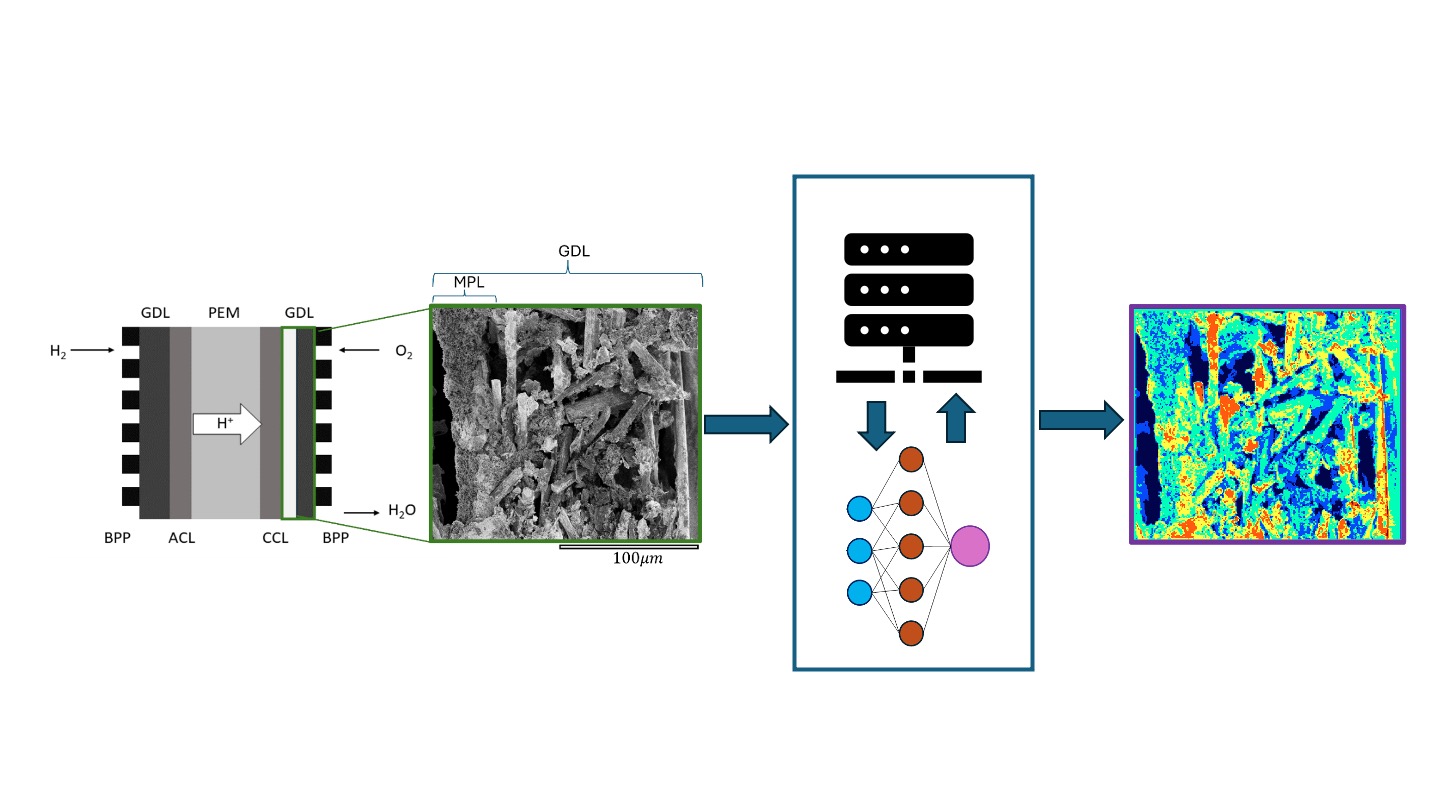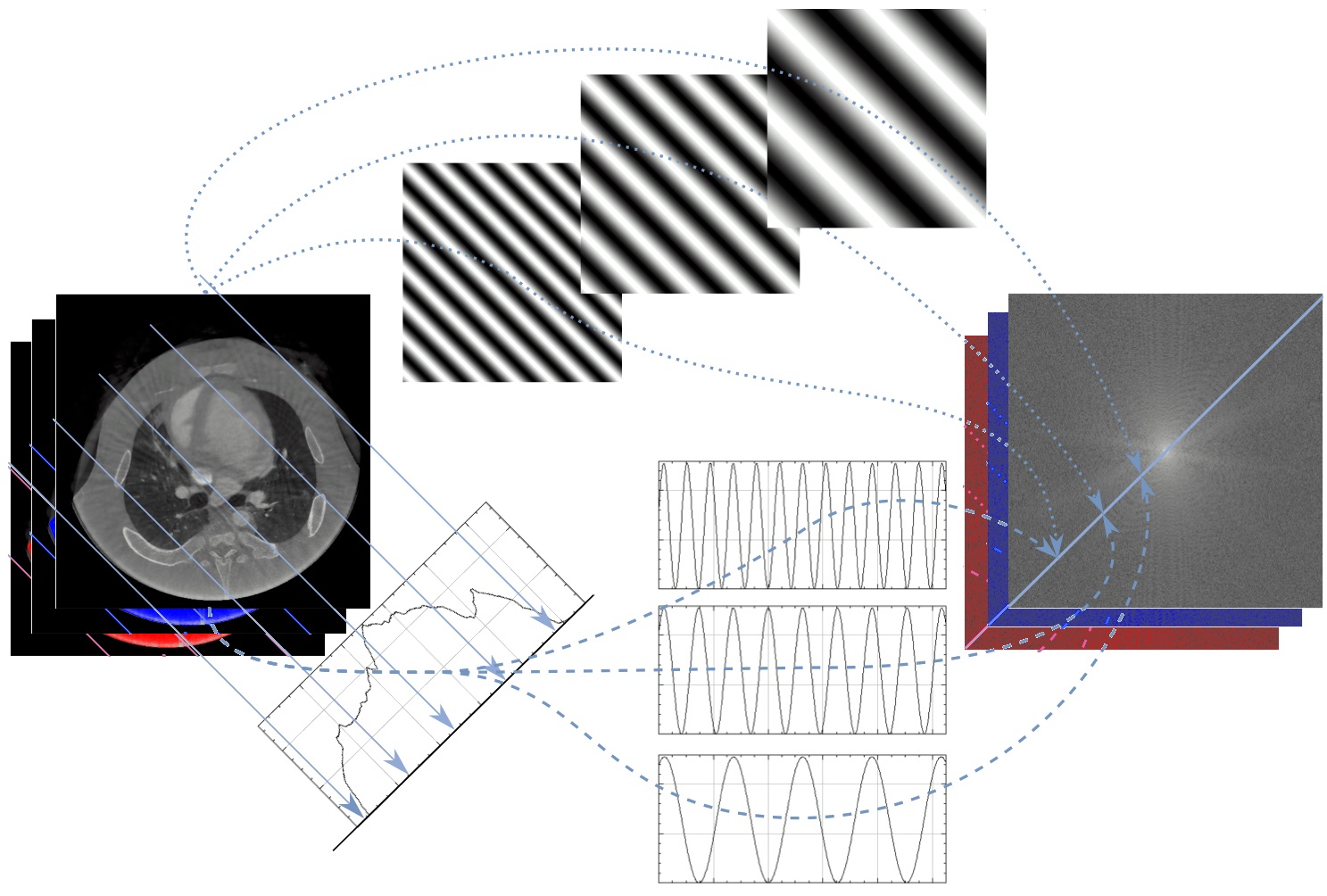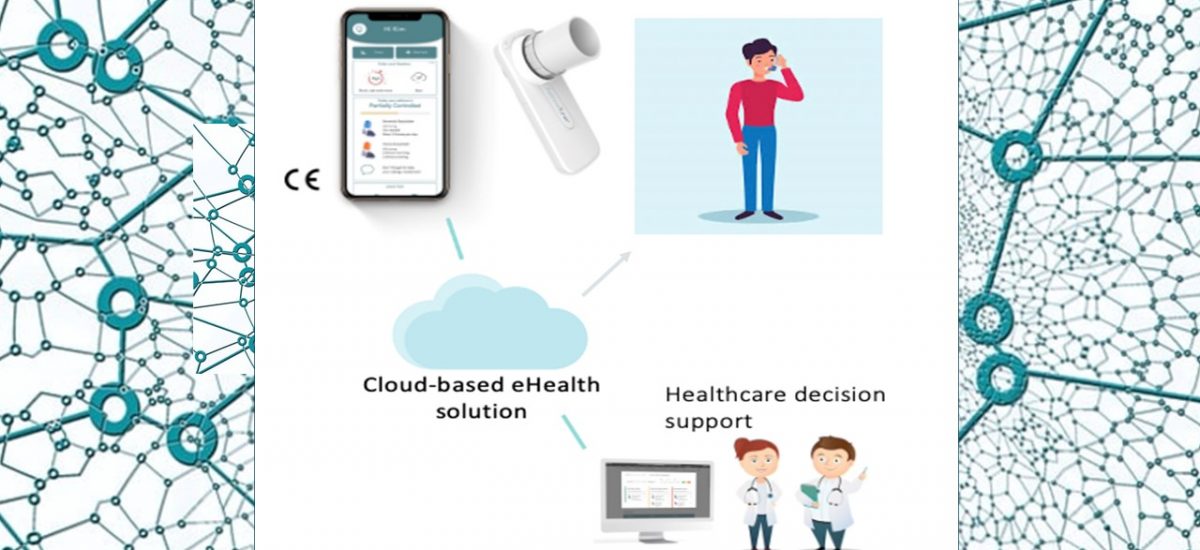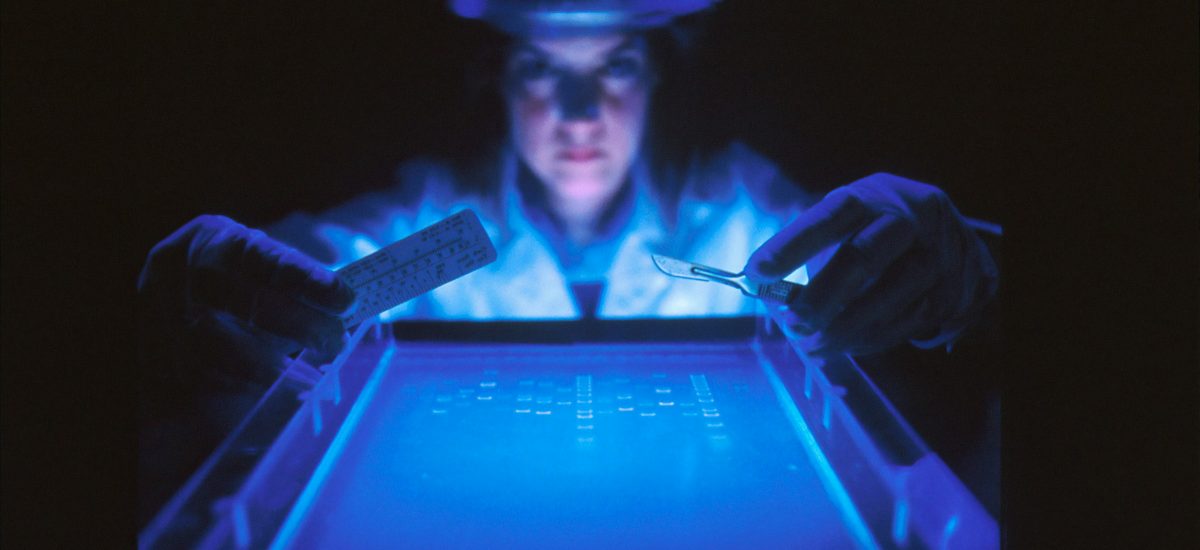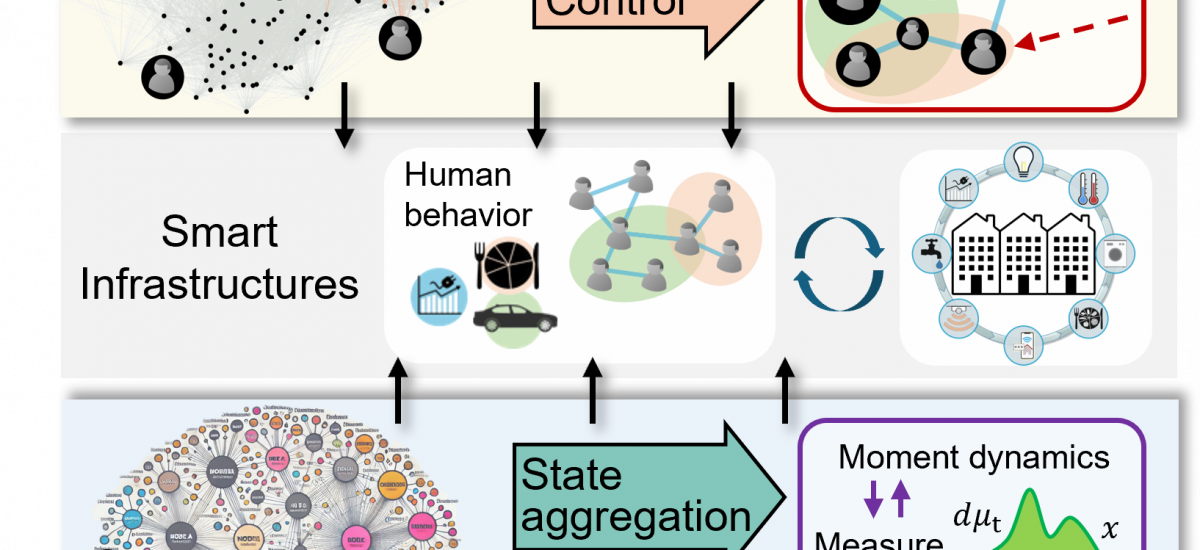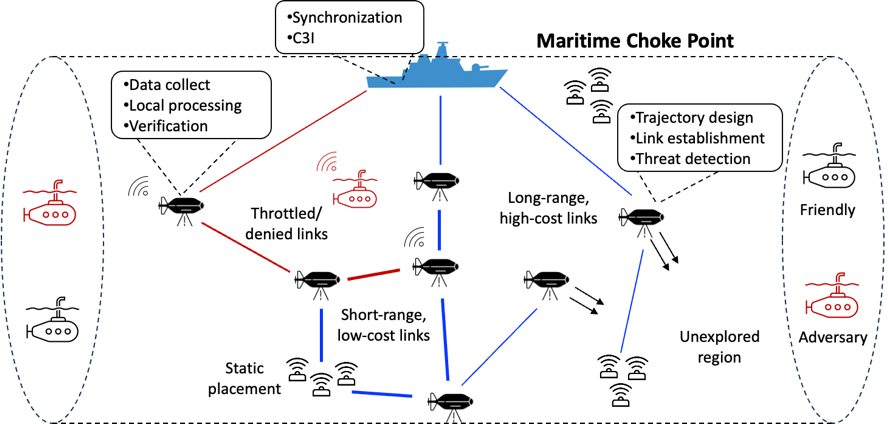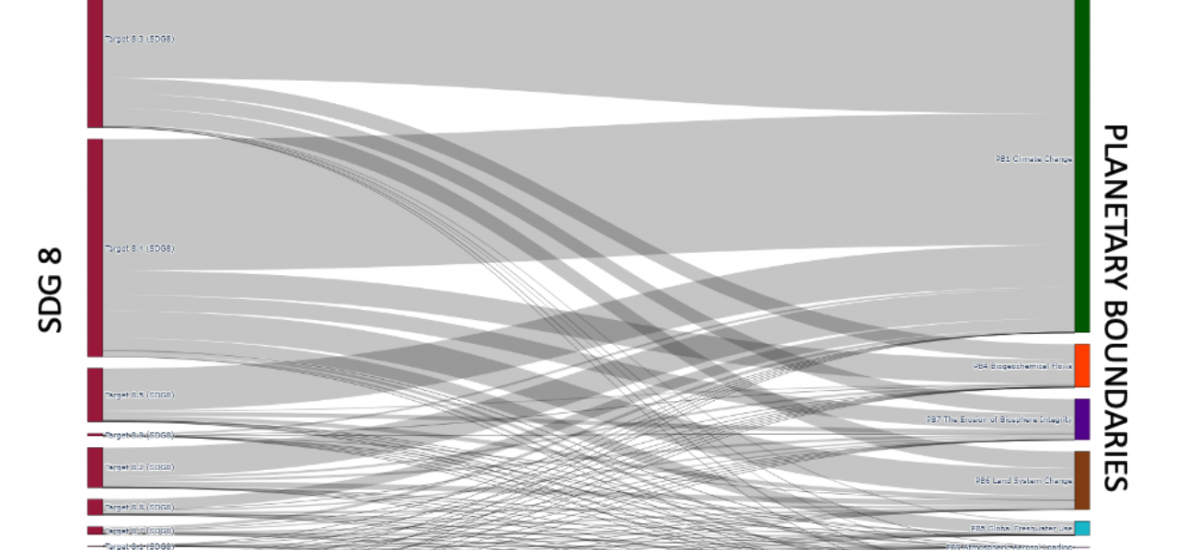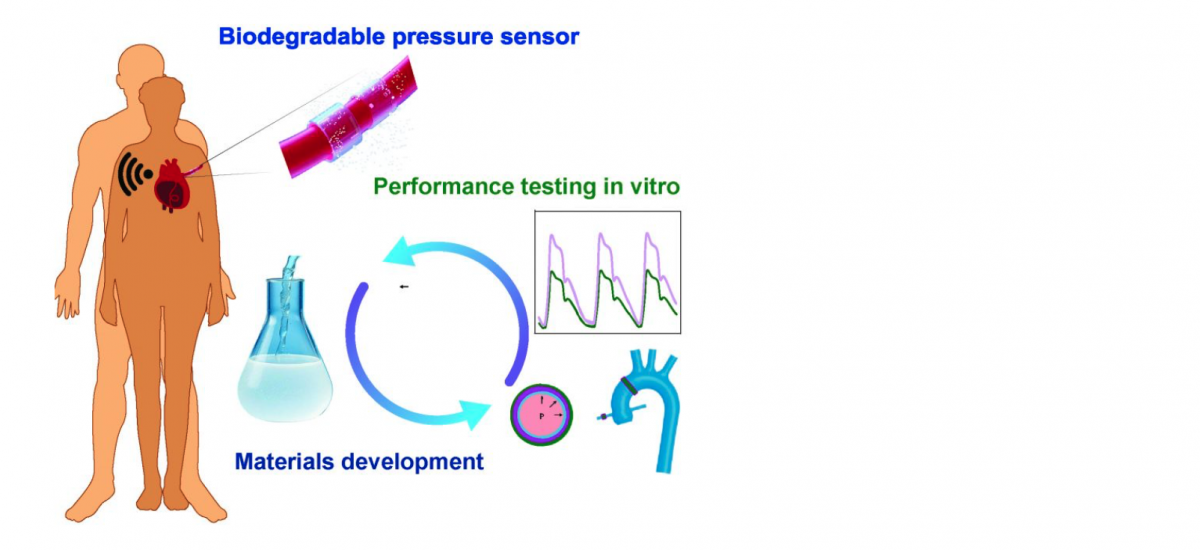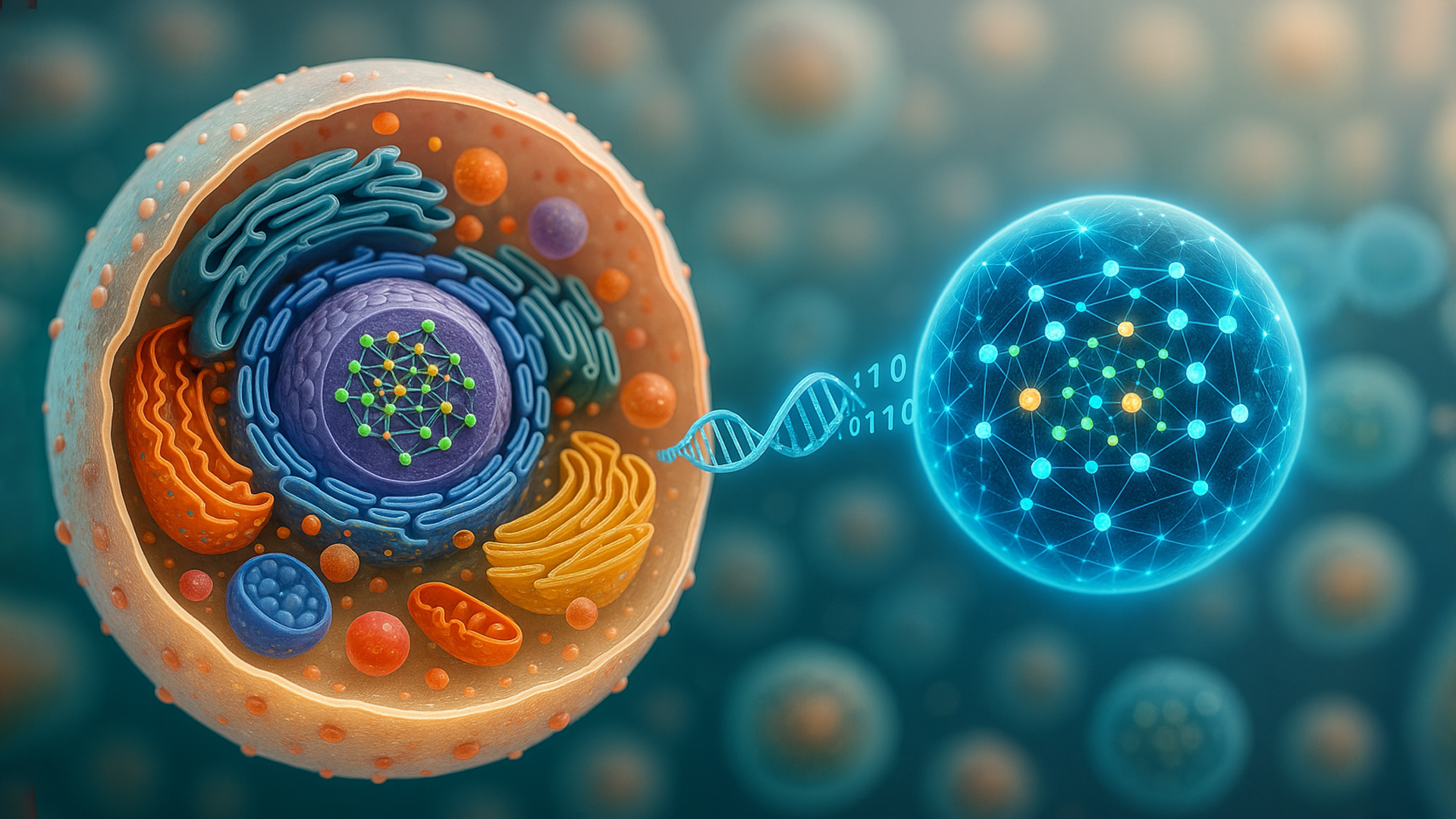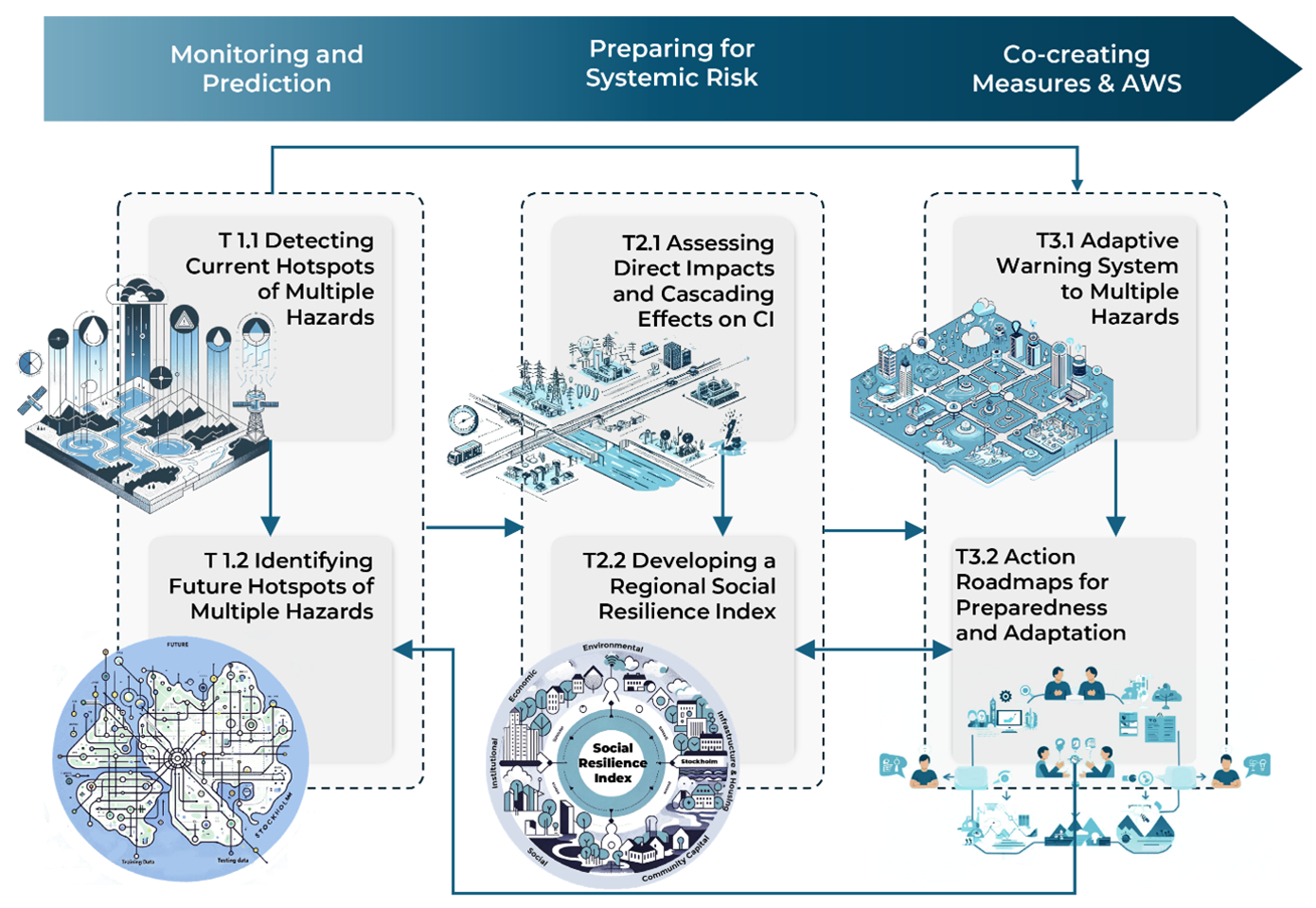Driving innovation and collaboration for a better future
At Digital Futures, we advance scientific excellence by nurturing talent, exploring bold ideas, and fostering innovation. Through collaboration across disciplines, industry, academia, and the public sector, we create a vibrant ecosystem that champions diversity and fresh perspectives. Together, we uncover synergies and drive solutions to today’s most pressing societal challenges.
Digital Futures provides funding for strategic research projects that drive innovation and create impact. Each call is tailored to the specific nature of the projects being funded.
Our research projects
– listed in alphabetical order
Digital Futures Research Matrix
The Digital Futures Strategic Research Programme is illustrated by a matrix that highlights its structure and focus. The programme is organized around four societal contexts, represented by the rows of the matrix. These contexts address areas where industry and society simultaneously encounter challenges and opportunities. The columns represent the three core scientific and technological research themes that underpin the foundation of digital transformation.
Addressing challenges on a societal scale requires considering multiple factors, such as citizens’ wellbeing, environmental sustainability, public safety, and economic growth. This interdisciplinary approach calls for collaboration among diverse research groups and stakeholders to effectively meet the needs of each societal context.
The programme is anchored by its three core scientific and technological research themes, which drive innovation and provide a solid framework for tackling these complex challenges.
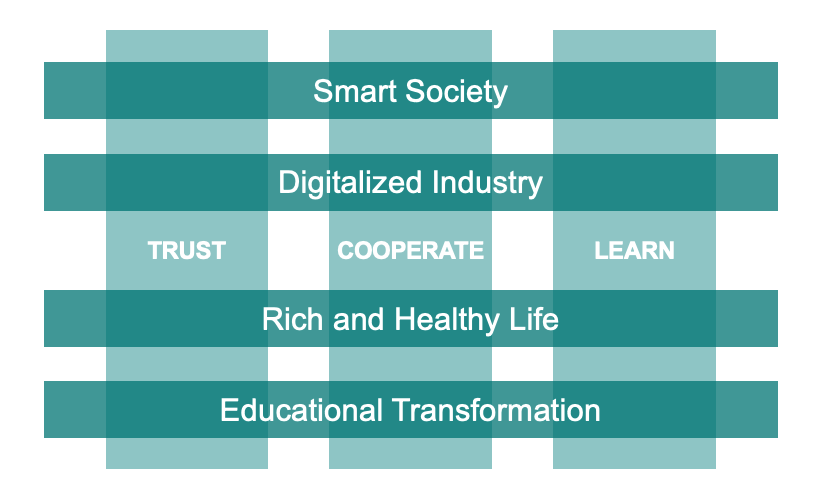
Societal context
A set of four distinct, but not isolated, societal contexts form the focal points of the research of the Digital Futures.
Smart Society
Smart Society: Addressing Sustainability in a Digital World. The first societal context, Smart Society, focuses on the needs and responsibilities of environmental and social sustainability across the public sector, civil society, and businesses. It examines the dynamic relationship between digitalization and society—how digital transformation shapes society and how societal needs, in turn, influence technological advancements.
As urban societies grow rapidly, they are becoming increasingly complex and reliant on large-scale infrastructures. For instance, the demand for efficient and sustainable transportation continues to rise, making it clear that radically new mobility solutions are needed. These innovations must meet increasing demands while simultaneously enhancing sustainability.
Digitalized Industry
Digitalized Industry: Driving the Fourth Industrial Revolution. The second societal context, Digitalized Industry, is often referred to as Industry 4.0—a vision of leveraging digital technologies to bring about a transformative shift in manufacturing, widely recognized as the fourth industrial revolution.
This context addresses digital technologies and solutions for industrial systems that enhance efficiency and flexibility across processes such as product development, manufacturing, and full life-cycle management. It also focuses on ensuring the trustworthiness of cooperating and learning systems, driving sustainability, and enabling innovative business models.
Rich and Healthy Life
Rich and Healthy Life: Enriching Everyday Experiences. The third societal context, Rich and Healthy Life, explores how digital interactions can enhance the richness, meaning, health, and entertainment in our daily lives. This theme encompasses both physical and mental health and well-being, extending to applications in sports, recreation, games, culture, nature, food, and other aspects that contribute to a fulfilling life.
Research in this area often involves collaboration between computer science or engineering and disciplines such as medical science, biology, healthcare, social sciences, economics, humanities, or art and design.
Educational Transformation
Educational Transformation: Rethinking Education in the Digital Age. Educational transformation represents the fourth societal context. Digitalization is driving a comprehensive rethinking of education—both in its form and content. This includes a shift toward student-centered learning, integrated with curricula designed to address the pressing challenges of the 21st century, such as societal, environmental, and technological issues.
Key aspects include the evolution of education into a lifelong learning experience with continuous updates, the balance between campus-based and digital learning, and the transformative role of AI in education. Furthermore, makerspaces, prototyping, and research labs are becoming increasingly essential, offering unique value that is challenging to replicate in a fully digital environment.
Research themes
The research programme hinges upon three scientific and technological research themes.
Trust
Trust: A Cornerstone of Societal Transformation. The first theme focuses on trust, highlighting the need for mechanisms that build and ensure trust in both societal transformation and specific engineered systems. This includes digital systems, processes, data, algorithms, and the people or organizations behind them.
Trust is established through:
- Privacy mechanisms: Safeguarding personal data with strong guarantees.
- Security mechanisms: Ensuring authorized access and proper use of data and systems.
- Resilience mechanisms: Maintaining system operations even during unforeseen incidents.
- Safety mechanisms: Reducing risks to enhance people’s lives.
Cooperate
Cooperate: Enabling Interconnected Systems. The second research theme focuses on cooperation. Increasingly, systems are interconnected to enable data sharing and collaboration. While this creates exciting new opportunities, it also adds complexity to design and implementation as data traffic and connectivity demands grow.
In these interconnected systems, decisions and operations are distributed, yet the systems must cooperate—or even be designed collaboratively—to enhance flexibility, efficiency, and resilience. Additionally, a key question arises: how can new technologies best support collaboration among humans, and between humans and intelligent systems?
Learn
Learn: Advancing Machine Learning and Artificial Intelligence. The third research theme, Learn, focuses on machine learning and artificial intelligence. Key research areas include optimization, control theory, data science, and the mathematical foundations of machine learning. Application areas span robotics, computer vision, speech recognition and synthesis, and human-computer interaction.
Despite significant progress, a fundamental understanding of how machine learning algorithms extract information from data remains elusive. Additionally, the impact of data on the learning process and the biases it introduces are not yet fully understood, highlighting critical challenges for future research.
Type of call
C3.ai DTI projects
Digital Futures is a member of the C3.ai Digital Transformation Institute and collaborates with UC Berkeley, California Institute of Technology, the University of Illinois at Urbana-Champaign, MIT and Princeton.
C3.ai DTI’s research focuses on the intersection of artificial intelligence, machine learning, the Internet of things, cloud computing, big data analytics, economics, organizational behaviour, public policy, and ethics. C3.ai DTI research analyzes new business operation models, develops methods for organizational change management, investigates methods for protecting privacy, and advances dialogue related to the ethical implications of AI.
Central to the Institute’s research is the development and validation of algorithms and designs that can dramatically improve societal systems, for example, in healthcare, transportation, education, and national security.
Collaborative projects
The 4-year Collaborative projects target cutting-edge research in the area of Digital Transformation within the frame of the Digital Futures Research matrix and are based on an interdisciplinary approach. The main key performance indicator of this instrument is scientific excellence.
The consortium comprises three to five key performance indicators from different KTH Schools, Stockholm University and/or RISE, with a complementary competence. The active involvement of industrial and societal partners is important but not necessary.
The 1-year Collaborative Impact Projects are projects that allow the existing Collaborative Research Projects to create additional value, new project initiatives, and reinforcing collaborations with partners. Projects are expected to leverage the existing research results and focus on dissemination, high societal impact, and new research opportunities.
Demonstrator projects
The 2-year Demonstrator projects are the main research instrument of Digital Futures to foster societal outreach. The purpose of these projects is to demonstrate and disseminate technologies for digital transformation and show their impact and potential in society. The results are expected to be disseminated in high impact venues with wide reaches, such as national television, press or more specialist venues with international reach.
The projects should be inter-disciplinary and a collaboration between two PIs of complementary backgrounds that belong to either i) two different KTH schools, ii) KTH school and RISE/Stockholm University, or iii) RISE and Stockholm University.
Digital Futures Fellows
The Digital Futures Fellowship program aims to recruit and support leading researchers. The fellowship program was originally established in 2010 and has targeted recruiting faculty members to KTH and Stockholm University and equipping them with highly competitive startup or consolidation packages. Digital Futures Fellowship program has evolved and is now actively working on increasing faculty diversity and supporting scientific excellence and future research leaders.
Diversity and Inclusion projects
Diversity and Inclusion projects are 6-18 months-long projects that aim to increase diversity and inclusion as well as the outreach of the Digital Futures research. This means that collaboration will be facilitated between leading researchers at KTH, Stockholm University and RISE as well as researchers from a low or lower-middle-income region such as Sub-Saharan Africa, Latin America, or similar. The projects should target digitalization as a means to develop technological progress and/or education, health or democracy in low-income regions.
Industrial Innovation projects
The Industrial Innovation projects are 3-year projects aiming at strengthening collaborative research among Digital Futures and strategic industry partners and fostering industrial transfer.
The goal is to create possibilities for follow-up transfer grants (on national and European level), make an impact on industrial research and development, file patents, standardization and/or open-source contributions, and enable industrial-academic mobility.
Industrial Postdoc projects
Industrial Innovation Projects and Societal Innovation Projects are the main instrument within the Industrial and Societal Partnership Program (ISPP) of Digital Futures to foster research collaboration and impact within the Digital Futures eco-system. The ISPP is rapidly growing into a network of industrial companies and public entities with a strategic interest in technologies for digital transformation. The main goals of the ISPP are to
- position Stockholm as a leading area in the field of digitalization,
- to identify trends, challenges, and opportunities related to digitalization for different players (private companies, public authorities), and
- to foster the creation of novel and innovative project consortia that can address challenges and grow into larger consortia and initiatives.
Thus, a major part of the industrial and societal impact and dissemination of Digital Futures is intended to take place through the ISPP. ISPP postdoc projects are considered a targeted instrument through which ISPP partners can address specific, well-defined research challenges in collaboration with Digital Futures faculty.
ISPP postdoc projects must have a duration of 2 years.
Research pairs
The funding instrument Research pairs is intended to foster collaboration between two young researchers that have obtained their doctoral degrees not more than ten years ago at the time of application. The researchers in the pair should belong to either i) two different KTH schools, ii) KTH school and RISE/Stockholm University, or iii) RISE and Stockholm University.
The instrument is aimed to identify new research collaborations that have potential to develop into a leading scientific activity over the next three to five years and therefore be a vehicle for supporting and promoting young scholars with the potential to become future digital leaders. The 2-year projects should address cutting-edge research within subject areas at the intersection of the Research matrix and should involve researchers that complement each other and conduct interdisciplinary research.
Seed projects
The Seed projects are intended to support activities necessary to create and advance competitive research proposals, such as performing preliminary work and facilitating collaboration for one year. It is expected that a competitive project proposal will be submitted to one of the other Digital Futures funding instruments or a third-party funding organization within a year of the completion of the seed project.
Societal Innovation projects
One ambition of Digital Futures is to generate societal impact, and here with the focus on the broader area of Stockholm, to work together with public stakeholders like the City of Stockholm and Region Stockholm. Due to the role of these and other public stakeholders, innovation through digital transformation comes with a different set of opportunities – scale being an important one – addressing different challenges. Societal Innovation Projects are the project form in Digital Futures that address this special constellation and needs.
Successful Societal Innovation Projects will bring together actors from the academic, industrial and public space – triple helix model of innovation – define a promising scope of introducing digital technologies in the public sector, and demonstrate a path towards wide-scale adoption in the triple helix constellation.
Strong links between academia, industry and society
The core of the research programme projects is in the intersection between the societal contexts and the research themes. The programme spans projects all the way from the foundations of digital technologies to the demonstration and illustration of novel solutions applied to problems of major societal importance. Digital Futures research operation is illustrated by the three rotating circles to the right.
The Centre will not only create strong links between academic and industrial research but also actively design, test and demonstrate systems and services at scale in the City of Stockholm and beyond.



